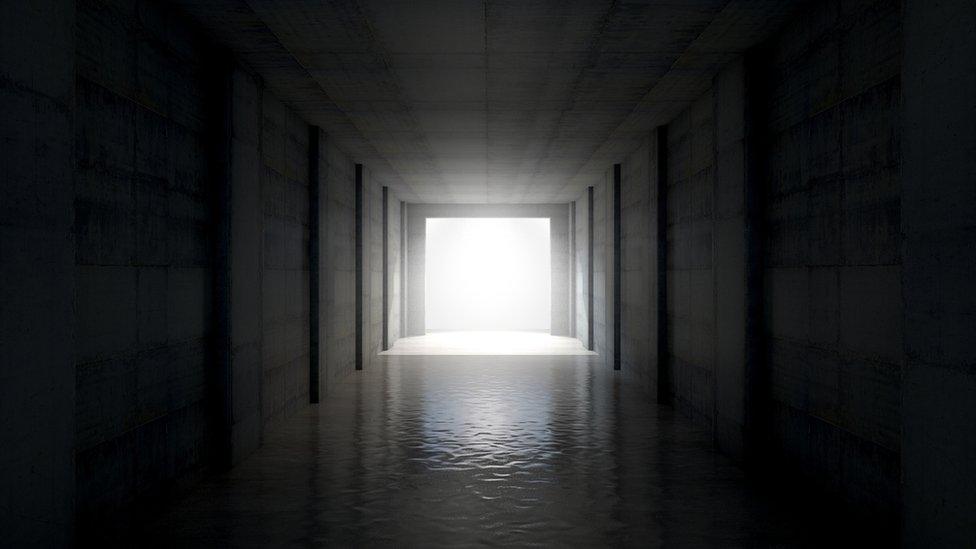Junior doctor row: A step into the unknown
- Published

Make no mistake, the latest salvo in the junior doctor dispute is a step into the unknown. The week of strikes in England in a fortnight's time takes this dispute into uncharted territory. Again.
Until this year, there had never been an all-out strike. In April, there were two.
But to call five consecutive days of stoppages with less than two weeks' notice, compared with the best part of two months last time, poses a completely new set of problems - for the government and for the health service.
The two all-out walkouts in April were over consecutive days, on a Tuesday and Wednesday.
It led to 13,000 operations being cancelled - but, on the whole, the health service coped well, with full staffing put in place either side of the stoppage enabling hospitals to stay on top of the situation. This time, there will be no respite and no time to get the wards in order.
Non-emergency treatments will have to be cancelled en masse - Health Secretary Jeremy Hunt was talking about 100,000 operations being hit, when he was interviewed on Wednesday.
Already - I am told - there is a mad scramble up and down the country to try to put plans in place. Consultants will step in, like last time. But questions abound.
A united workforce?
Will their support for their junior colleagues stay strong? Indeed, will the junior workforce stay united?
After all, 42% of doctors felt the contract being imposed on them was good enough to accept, in the vote earlier this summer.
Those British Medical Association (BMA) members may well be prepared to withdraw their labour, but no-one can be sure.
Dr Ellen McCourt believes they will - and the union carried out polling to see what support there was for further action before taking this decision.
You would assume that gave the leadership a clear message (although we do not know, as the results have not been released).
Otherwise, it is a daring game of brinkmanship - already there are suggestions from the BMA that more weeks of strikes will follow.

So, what will the government do? Throughout this dispute, it has remained adamant it will not back down.
But faced with the most serious industrial-relations fight in the history of the NHS, can ministers keep ploughing on? Will the new prime minister stand as squarely behind Mr Hunt as her predecessor?
We will get a clearer idea of what the answers to all these questions are in the coming weeks.
No end in sight
But if you unpick the reasons the BMA is citing for its continued action, it is clear there is going to be a real problem resolving this.
The contract now being imposed, following the talks in May, is seen as not being as generous to those who work lots of weekends.
But the terms that were put forward before that - which the government said in February it was going to impose - were more generous to weekend workers but took away from those who worked less frequently on Saturdays and Sundays.
Since the government is not increasing the overall budget for junior-doctor pay - as it did in the late 1990s, when the current contract was negotiated - if it gives to one group, it has to take from another.
And this is why the BMA has been unable to get a deal that satisfies enough of its members - even though its leaders had argued the contract being imposed now was worth agreeing to. A large of chunk of doctors lose out no matter what sort of deal is done.
Ministers have tried offering short-term guarantees to cover the shortfall on weekends, and to part-timers (another bone of contention). But doctors simply have not been convinced.
Hence, in July, they rejected an offer their union leaders had recommended and replaced them with a new set of leaders prepared to carry on the fight, when most at BMA HQ had been ready to give up in the aftermath of Brexit.
The bottom line is they think the government is trying to get them to work harder just so the Tories can achieve their seven-day NHS manifesto commitment.
The solution, they say, is more investment. But ministers argue there is no money in the pot. And that is why this dispute will simply not go away.